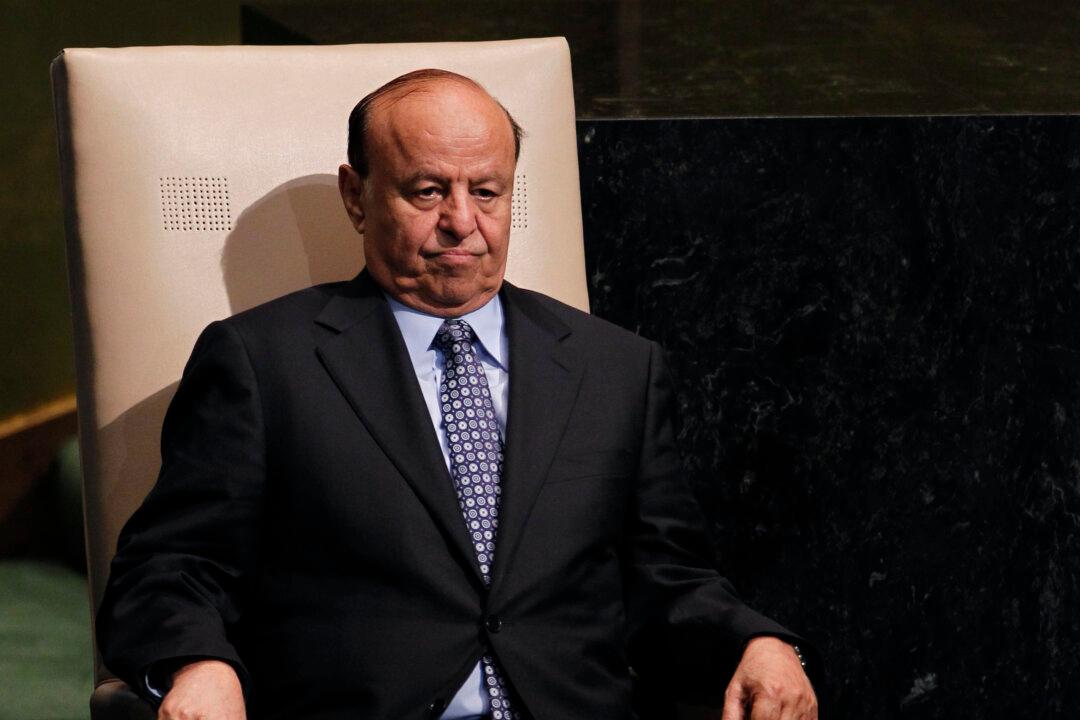SANAA, Yemen—The leader of Yemen’s Shiite rebel Houthi movement on Saturday rejected a reform agreement made last year to divide the country into six federally organized regions, a major blow to local and international efforts to unite the divided country.
In a message broadcast to thousands of supporters on public screens across the country, Abdel-Malek al-Houthi said the rebels, who have taken over a string of Yemeni cities including the capital Sanaa, reject the plan “categorically.”
“Beware of any attempts to overthrow the revolution,” he said.
The Houthis, backed by ousted President Ali Abdullah Saleh, are one of the strongest Yemeni factions locked in a power struggle with President Abed Rabbo Mansour Hadi. Their critics view them as a proxy for Shiite Iran, though the rebels deny this.
Yemen also faces a southern secessionist movement and radical groups like al-Qaeda in the Arabian Peninsula, which Washington considers the network’s most dangerous offshoot.
A national dialogue panel composed of delegates from across the country agreed last February to restructure Yemen’s regions, aiming to address local grievances that had fed the impoverished nation’s instability.
Some southerners, who feel dominated by the more populous north, oppose the plan, which was supposed to figure in Yemen’s new constitution that will be put to a referendum.
Houthis continue to push to expand their territorial gains, and have been moving toward the southern city of Taiz, where on Saturday thousands demonstrated against them.
Earlier, authorities in Sanaa arrested a Belgian, a Bulgarian and a Somali suspected of having links with al-Qaeda after a search of their car at a checkpoint found one of them carrying documents and materials with the group’s logos on them, security officials said. They spoke on condition of anonymity because they weren’t authorized to release the information otherwise.
Separately, unknown gunmen killed two Houthi fighters in the central Ibb province, south of Sanaa, the officials said. They added that the Houthis had blocked roads and deployed hundreds of gunmen in the streets of Sanaa Friday and Saturday to guard against possible suicide attacks by al-Qaeda during celebrations of the Prophet Muhammad’s birthday.
From The Associated Press




